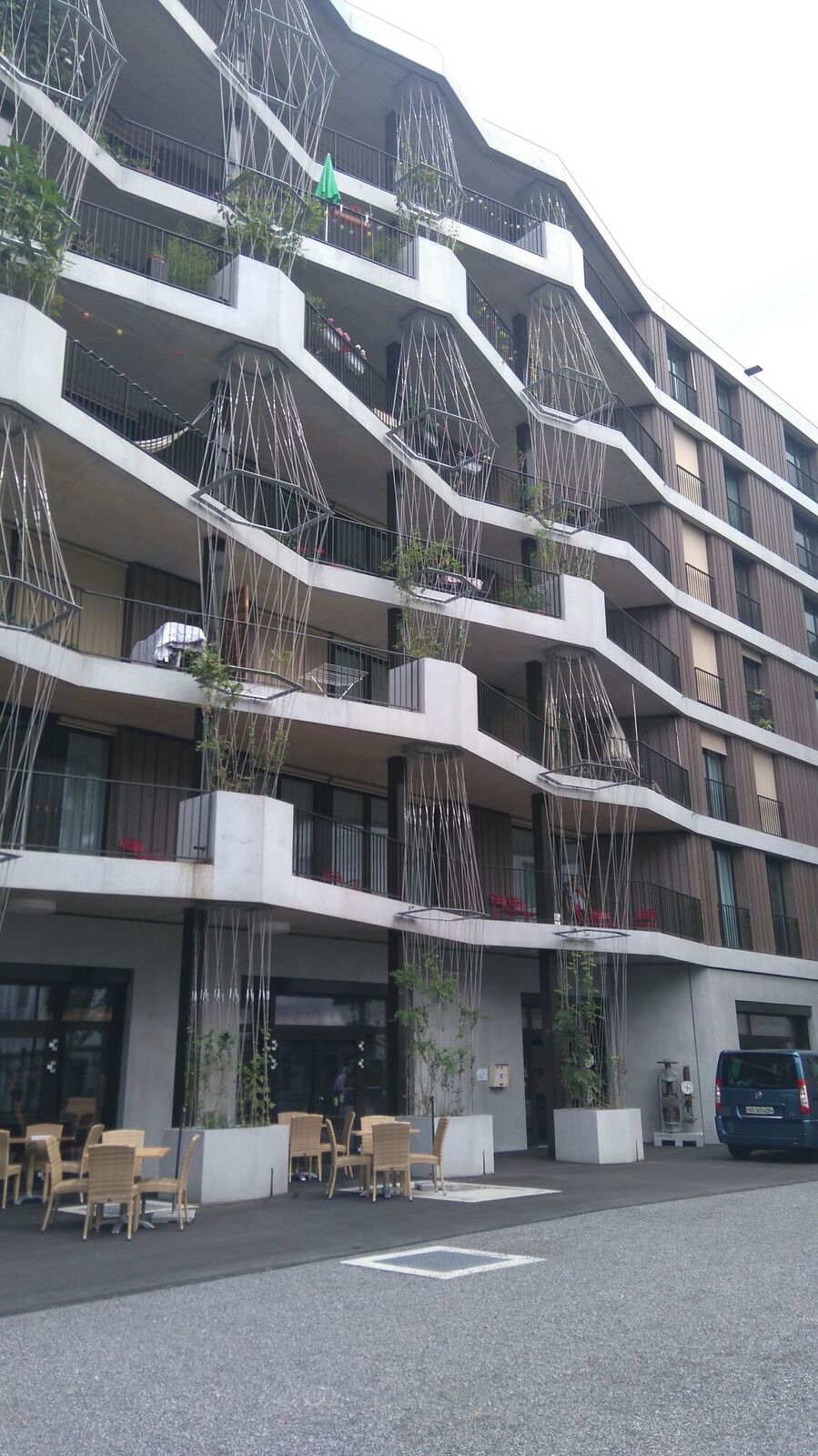New Zealand is poorly served when it comes to housing co-operatives – and that needs to change as the shortage of homes hits crisis levels, argues one sector leader.
Craig Presland, CEO of apex body Cooperative Business NZ, says only 7,200 new residences were built in Auckland, the country’s largest city, last year – a figure which needs to double in a city which needs another 420,000 homes by 2045.
Writing on the Cooperatives Business NZ website, he says the answer is co-operative housing, “strangely absent here in New Zealand”. He points to successful examples in other countries, sets out options for a housing co-op model, and challenges government to make it happen.
“We need a game-changer,” he says. “NZ is one of the most co-operative economies of the world, with our co-ops, mutuals and societies generating around one-fifth of GDP, serving more than 1.4 million kiwis and employing over 50,000.
“Unfortunately, we have virtually no co-operatives currently operating within the housing sector. This is in stark contrast to elsewhere in the world where housing co-ops are experiencing significant growth.”
He highlights the example of Zurich in Switzerland, which has seen nearly a quarter of all new housing units built by co-ops since 2000. For decades, two Swiss co-operative housing federations have maintained a revolving loan fund for construction, repairs and land acquisition, fuelling a co-op housing boom.

It even helped the country weather the 2008 financial crisis. “As the private mortgage market and real estate projects worldwide ground to a halt, housing co-operatives built 1,000 units in Zurich,” says Mr Presland. “The co-op business model is all about sustainability and endures during good times and bad.”
In Geneva, a non-profit housing developer has recently raised US $3m from co-op residents, which will fund 600 new affordable units in one of the world’s most expensive cities. This, says Mr Presland, proves that co-ops can deal with a housing market that has seen lenders, estate agents, builders and local authorities inflate costs.
“A housing co-operative, based on strong co-operative principles, would be able to lower costs. Communities in need would be able to pool resources – funds, labour and available land to build new homes on.”
Mr Presland sets out two options for a New Zealand housing co-op sector, with “democratically run organisations, not-for-profit, formed to own and manage housing”.
Under the first, the co-op would own the land: individuals can buy homes – borrowing from the co-op on favourable terms – but only lease the land.
This would keep houses affordable by removing land from the equation and preventing units being resold on the open market, with properties held at an affordable price under a resale formula in the lease.
Related: Co-ops lead the way in new model that puts communities in charge of housing
“Owners can still finance the purchase with a mortgage, and can improve the home as they see fit,” adds Mr Presland. “They could also sit on the co-op board to help make decisions about how the co-op is run.”
He says this model is common in the US, where the largest example, the Champlain Housing Trust in Burlington, Vermont, is home to over 1,000 families and holds $300m in assets.
Under the second option, members would not own their home – instead, they would have shares in the co-op, entitling them to their unit for as long as they own the shares.
“Typically, such co-ops own multi-family buildings with individual flats and shared common spaces. Co-op members could sell their shares on the open market, but acquiring a loan for a co-op share could be more challenging than getting a traditional mortgage which sometimes depresses the cost of co-ops.”
Uruguay and Switzerland – where co-ops in Zurich set their prices at an average 70 to 80% of the market rate – are world leaders with this model, whose democratic governance structure fosters collective decision-making.
Mr Presland challenged the country’s authorities to make the co-op model work. “To drive this initiative successfully will require NZ government, local council and local community support along with that of co-operatives, mutuals and societies.
“In addition, we require a group of individuals with the vision, courage and capability to set up such co-operatives. Cooperative Business NZ is here to help.”

Zurich: A model for housing co-operation
Housing co-ops in the Swiss city date as far back as far as 1919 when Swiss Co-operative Association started work on the Freidorf Housing Estate, Basel.
In Zurich, a quarter of the city’s entire housing stock is not-for-profit – and four-fifths of this number is co-operative. This growth can be traced back to a housing policy by city administrators at the start of the 20th century, who secured land and offered subsidies to deal with a housing shortage.
The city offers interest-free loans to housing co-ops to assist with the purchase of land; and long-term renewable leases and development rights on land the city owns; a co-operative can qualify for help with as few as seven people.
Experts say the policy saves the city social costs because affordable rents keep government assistance payments down.
Co-ops must meet certain obligations to get help from the city, including provision of low-cost housing and running an architecture competition to encourage innovation and young talent
Larger co-ops include BGZ, with over 2,000 residential units in the city; and ABZ, which has around 4700 dwellings in the Zurich area.
A co-op revival followed a housing crash in the 1990s, sparking a new wave of radical, innovative developments such as Kalkbreite, Kraftwerk and Mehr als Wohnen.